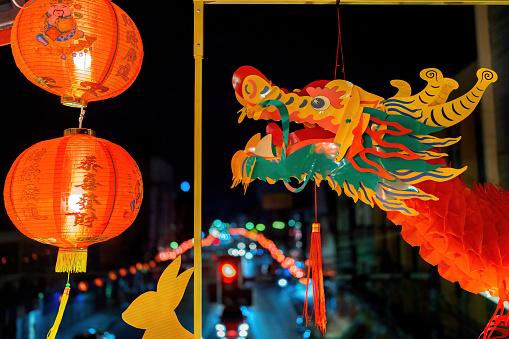
For the Lunar New Year holiday, consumer spending in China reached pre-pandemic levels as travel soared. Total domestic trips during the eight-day festival from February 10-17 rose by 34.3% year-over-year to 474 million, while tourism receipts saw a 47.3% increase to 632.6 million yuan ($89 million).
Average spending per trip this year hit 1,335 yuan compared to 1,238 yuan in 2019, reflecting the robust recovery. Particularly striking was the surge in air travel, with 18 million trips by air and 99.5 million railway trips, both significantly above pre-COVID levels. Notably, Air China Limited (OTCPK:AIRYY), China Southern Airlines (OTCPK:CHKIF), and China Eastern Airlines (OTCPK:CHEAF) stand as the three largest airlines in China.
Macau’s casinos were clear beneficiaries of the holiday travel boom. On February 12th, Macau welcomed 217,448 tourists, marking the highest daily visitor arrivals since the pandemic and the second-highest in history, following the 226,326 visitors in 2019, just before the pandemic.
Retail companies such as Alibaba (BABA), Baozun (BZUN), Shein, Dada Nexus (DADA), JD.com (JD), Temu, PDD Holdings (PDD), and Shein experienced a surge in holiday spending. Additionally, China’s box office revenue exceeded 8 billion yuan over the eight days, indicating positive prospects for IMAX’s (IMAX) China business.
China-based stocks traded in the U.S. such as Yum China (YUMC), Luckin Coffee (OTCPK:LKNCY), Tuniu (TOUR), H World Group (HTHT), Jowell Global (JWEL), and Trip.com (TRIP) garnered investors’ interest during the holiday season.
Looking forward, Chinese authorities with the Ministry of Commerce have dubbed 2024 as the “Year of Consumption Promotion,” despite some analysts expressing doubts about sustained consumer spending strength. Nomura recently cautioned that China’s economy may weaken in the spring due to challenges in reviving the real estate sector.